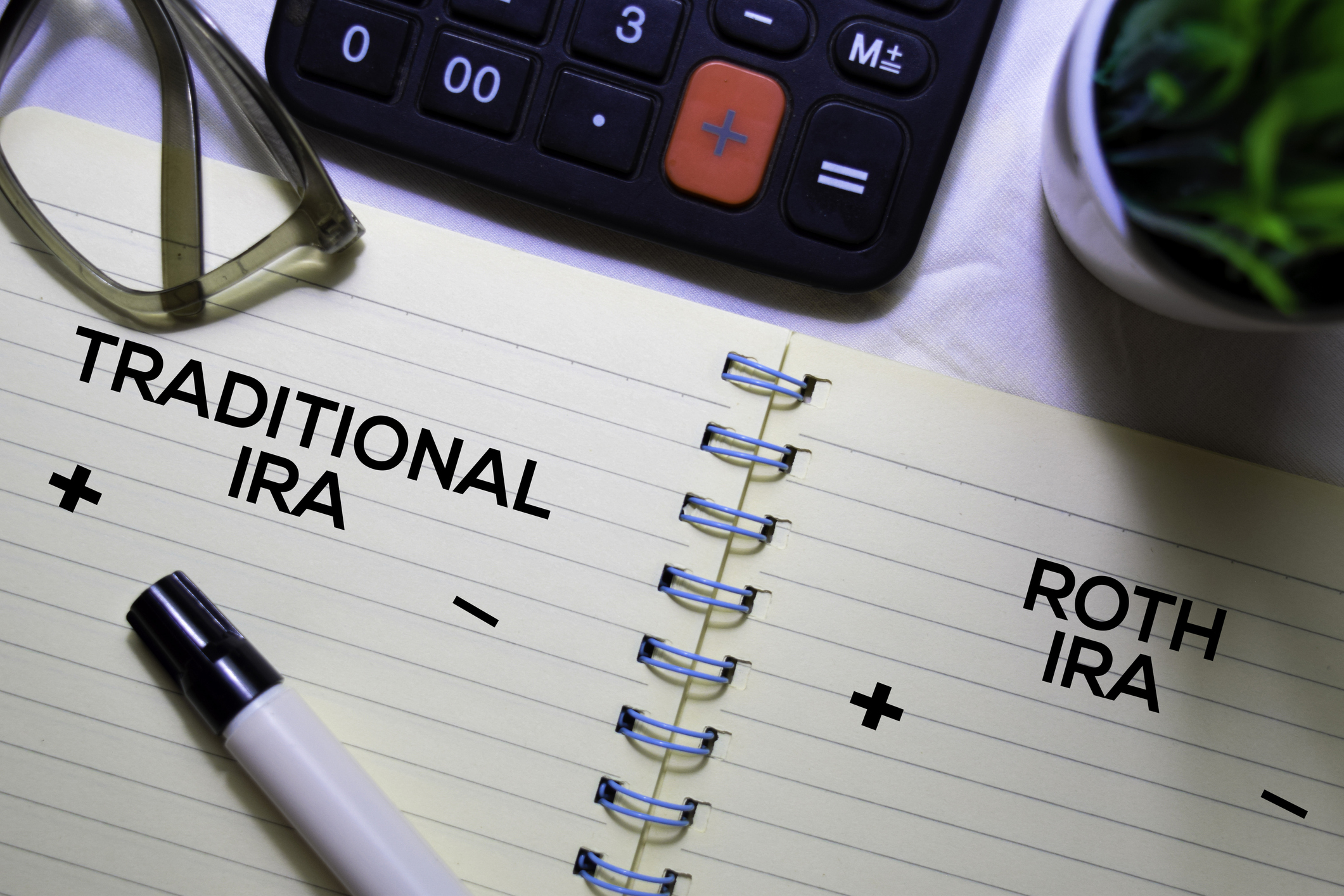
Financial Responsibility
I was a history major in college. In our final year, we had to take a writing component where the only grade for the class was for your final paper. I chose to write about the history of federal income tax. That’s enough to put most people to sleep. But it turned out well. My professor, who was a Pulitzer Prize winning author, after initially ripping me to shreds, said it really came together and was one of the more interesting papers he reviewed.
After this experience, I understand how most of our eyes glaze over when we talk about taxes. But if the Roth IRA/Traditional IRA (or 401k vs. Roth 401k) decision isn’t handled properly, there could be tens of thousands or even hundreds of thousands of lost wealth over time.
When deciding between using a Roth IRA and a traditional IRA, you’ll often here the decision around where taxes might be in the future. What is sometimes argued is that tax rates are historically low and our national debt is historically high, therefore, we should expect taxes to rise in the future.
This could be the case. But it ignores the history of tax brackets. It’s true that the upper tax bracket has been as high as 90%. But very few taxpayers actually paid this rate. The limit was set high and there were many deductions.
Since World War II, income taxes as a percentage of GDP have been fairly constant. Fluctuating between 7-10%.
What changes is tax brackets. We should instead see the Roth/Traditional decision as one about how best leverage the bracket we’re in today and one we might be in in the future.
If you have a year where your bracket is lower, you would most likely benefit most from a Roth. Examples are: a job change year or a professional early their career.
Someone that has a year where they realize extra income, might consider using a pre-tax 401k or IRA in order to minimize their taxable income in the current year.
There are other factors. For example, a Roth IRA has more flexibility because it’s not subject to required distributions at age 72. You can also access your contributions (but not your earnings) free of taxes and penalties before age 59 ½.
Having a plan that incorporates both as a part of an overall strategy can lead to wealth that is preserved and not unnecessarily sent to Uncle Sam.
You can set up both a Roth and Traditional IRA on Fortuna, an intuitive, personalized investment platform.
https://www.fortunainvest.com/advisor/Andrew-Eppes
Andrew Eppes, RICP®
Andrew Eppes is a registered representative of and offers securities and investment advisory services through MML Investors Services, LLC. Member SIPC. www.SIPC.org. Nexus Advisors, LLC is not a subsidiary or affiliate of MML Investors Services, LLC, or its affiliated companies. 14241 Dallas Parkway Suite 1200 Dallas, TX 75254 972-348-6300. Neither MML Investor Services, LLC nor any of its employees or agents are authorized to give legal or tax advice. Consult your own personal attorney, legal or tax counsel for advice on specific legal or tax matters.CRN202406-299427





